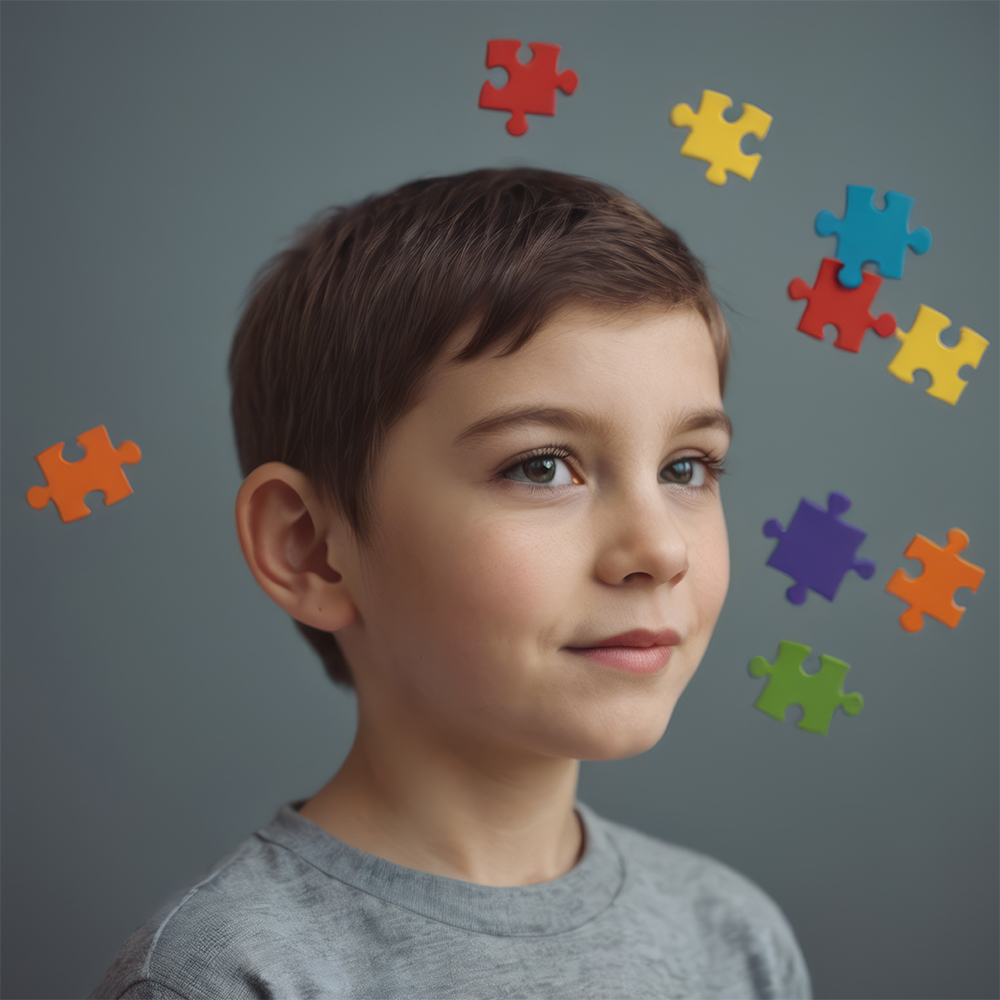
What is Autism? Exploring the Spectrum of Neurodevelopmental Differences
Autism, also known as Autism Spectrum Disorder (ASD), is a complex neurodevelopmental condition characterized by challenges with social interaction, communication, and repetitive behaviors. Autism affects individuals differently, with a wide range of symptoms and severity levels. Understanding the signs, diagnosis, and treatment options is essential for supporting those on the autism spectrum and their families.
Symptoms of Autism
Autism presents with a variety of symptoms that can range from mild to severe. Common symptoms include:
- Social Communication Challenges: Difficulty in understanding and using verbal and nonverbal communication, including facial expressions, gestures, and tone of voice.
- Repetitive Behaviors: Engaging in repetitive movements or routines, such as hand-flapping, rocking, or lining up objects.
- Restricted Interests: Intense focus on specific topics or activities, sometimes to the exclusion of other interests.
- Sensory Sensitivities: Unusual reactions to sensory input, such as sensitivity to loud noises, bright lights, or certain textures.
- Difficulty with Social Relationships: Challenges in forming and maintaining friendships, understanding social cues, and participating in group activities.
These symptoms can appear in early childhood, and early intervention is crucial for improving outcomes.


